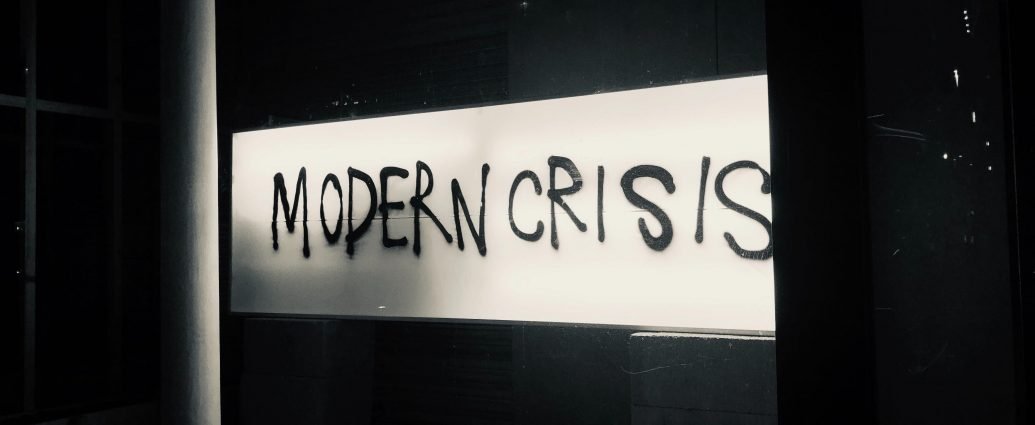Although the country has passed the peak of the Coronavirus outbreak, life still seems far from normal. The common consensus of many British people is that, until we find an effective vaccine, the pandemic will continue to loom over us for the foreseeable future.
“This is now a period of personal and moral realisation.”
Unfortunately, despite the undeniable severity of the illness, lockdown is not a long term solution. It has already put a major a strain not just on the local economy but on our mental health, the traditional nine to five working life and industries, such as the health sector. All aspects of our lives have been disrupted after months of isolation. And in the wake of lockdown’s upheaval, it is now time to rebuild society. Reflection and adjustment are much needed. But how can we strengthen our individual and communal resilience in these uncertain times? Which current problems in our system need solving?
This is now a period of personal and moral realisation. Initially, all we wanted to do was to “return to normal” as soon as possible. But this phrase could actually be more problematic than we realise.
Lockdown seems to have unintentionally given us an opportunity to assess how our world functions. Suddenly, cracks have started appearing in our lives. For example, do employees need to be chained to their desks every day? Isn’t the health sector severely under-appreciated? Why have we turned a blind eye to our country’s problematic history? Here are some examples which only hit the surface when discussing how much we have taken for granted.
“This is the dawn of a more flexible working world.”
The regular nine-to-five:
Take for example the general nine-to-five office jobs. This is the dawn of a more flexible working world. With managers and employees getting the hang of virtual Zoom meetings, there is now more trust within the workplace. As long as everyone maintains some level of professionalism, workers can still be just as productive from their houses. Long commutes to the office now seem comically unnecessary. For the nine-to-five worker, it appears like COVID compromise doesn’t always have to be dire.
The Health Sector:
Unfortunately, for other sectors of work, it’s not so optimistic. Undervaluing health workers is not a new problem. A study, published in November 2018 for Job Medic, revealed how “nearly half of the healthcare workers (48%) do not feel appreciated for their service.” Then COVID-19 arrives and there’s a sudden outburst of public admiration towards the NHS. Every street you pass now has windows full of rainbows drawings to show their gratitude. However, in a world post Coronavirus, a simple rainbow drawing isn’t going to be enough. COVID-19 has only exacerbated health workers’ feelings of being under appreciated as higher paid doctors or nurses often receive a lot more recognition compared to low-wage health workers. Considering how they’re risking their lives daily, whilst dealing with those pre-existing mental and economic challenges, an applause once a week isn’t enough. They deserve much more compensation, safety and appreciation.
Black Lives Matter:
Following the widespread uproar caused by the murder of George Floyd, it brought our country’s problematic racist history to the forefront of public conversation. Leaks started to seep through in this established mould of social, ethical and moral normality. In fact, recognising how our former “normal” reality is actually systemically flawed is something we all need to take on board. The widespread circulation of these protests has shown that our society needs to effectively tackle severe racial injustices and police brutality once and for all.
“Hopefully we can use this crisis to rebuild and lay the foundations for a more humane world.”
There are a number of possible futures in a world post COVID-19. However, they all depend on the responses from the government and society. If we all reflect on this year’s big wake up call, hopefully we can use this crisis to rebuild and lay the foundations for a more humane world.
Katie Heyes
Featured image courtesy of Étienne Godiard on Unsplash.

